Atelier Ryza 2: Lost Legends & the Secret Fairy picks up Ryza’s story after a few years and sees it move onto a much bigger and better stage. Direct sequels are a rarity in the Atelier series, but Ryza 2 builds on almost everything the first game did right and adds something better.
It’s a much more polished and enjoyable game, with more character development, improved combat, and streamlined crafting, though one that still isn’t entirely sure what it wants to be at times.
Atelier Ryza 2 Review: Making Magic
Ryza and friends grew up a fair bit in the three years between games. Tao matured and turned his studies into a job in the capital city, Bos isn’t (much of) a turd anymore, and Lent works as a warrior. It’s only Ryza who’s seemingly made no progress when Atelier Ryza 2 picks up — or it might be more accurate to say Ryza’s friends grew up and left Ryza behind a little.
Having hit a roadblock in her alchemy studies, Ryza looks for any excuse to get away from Kurken Island and broaden her horizons more. As luck would have it, she gets two excuses: a mysterious egg from island leader Mortiz Brunnen and an invitation from Tao to investigate some equally mysterious ruins near the capital.
Perhaps Gust had feedback from the first Ryza and its slow pacing in mind, but Ryza 2 offers only a little of this backstory right away. Instead, after enough to get you going, you guide Ryza through a field of monsters and a combat tutorial before arriving in the capital and hearing some of the story. The improved pacing sticks around for the whole game, with just one hiccup.
The story revolves around exploring the five ruins surrounding the capital city and the mysterious creature Fi who becomes an important character early on.
Exploring the ruins means gathering memory fragments and placing them in the right order in a small mini-game of sorts to help figure out what’s going on. The memory game isn’t as mindless as Atelier Lulua’s Alchemyriddle puzzles, but it feels gimmicky and more like an interruption than a feature. Most of the ruins have enough visual interest — and enough rare item gathering points — to offset this issue, however.
Some previous Atelier games struggled with dealing in slice of life versus story, with the first Ryza definitely falling in the former category. Ryza 2 balances both quite well, though. The main plot is solid enough, but Ryza 2’s slice of life narratives really make it shine.
Ryza and her irrepressible personality are likeable enough in her first outing, but it’s almost impossible not to sympathize with Ryza and root for her in the sequel.
Recent Final Fantasy and Dragon Quest games ventured away from the overused teenagers who save the world territory by throwing 20-something heroes in the mix, but Ryza 2 absolutely nails the feeling of starting a new life on your own and throws a splash of Kiki’s Delivery Service in for good measure.
Here’s an optimistic young woman venturing to the big city for the first time. She’s stuck and doesn’t know what she wants to do with her life and magical abilities. But she still has to pay rent, find a job, and figure out how to get along with these people who live so differently from her.
The plot weaves in some of these elements, but the bulk of Ryza 2’s character development is, as always, in the side events that pop up at certain times in the right place. That popping up happens at decent intervals, unlike the first game, so you don’t have two or more events triggering every time you enter a key area.
Even outside these events, the city feels much more natural and alive than most locations in earlier Atelier games. NPCs don’t have anything astounding to say, but there are more of them to speak with and several smaller stories taking place outside Ryza’s own circle.
If the Ryza games are any indication, it seems the individual character stories and endings attached to the protagonist’s friends are a thing of the past. If it means more coherent character development blended in more frequently with the main story as it does in Ryza 2, though, that’s completely fine by me.
The end result is almost more like watching an anime than playing a game, and I was much more invested in seeing how each character’s story unfolded than I was in the overarching story itself.
The characters don’t break new ground or go too far beyond their initial types, and one or two of the new characters, including the ludicrously dressed Serri, don’t get as much attention. But they’re so earnest and relatable, it’s hard not to feel invested as you watch them grow even further.
Atelier Ryza 2 makes combat more intuitive and improves the pacing here as well. Instead of accumulating AP and deciding whether to spend it on skills or increasing the party’s Tactics level, you spend AP to increase the Tactics level. It’s a small change that just makes so much more sense. You’re not penalized for using skills anymore. In fact, there’s more reason than ever to go all out with each character’s flashiest abilities.
The first Ryza added a real-time element to combat and an interrupt system where you can land an extra attack. Ryza 2 gets rid of the interrupt feature for attacks and, instead, lets you chain skills together if you have the AP for it. In one turn, you can land three normal attacks, chain several skills together, then trigger another character’s support move in the process and completely wreck your enemies.
Item Core Charges, another cumbersome system from the first game, gets an equally intuitive overhaul. You have a set number of charges in the first game and can’t use items in battle, including healing items, once you use them.
It means lots of backtracking and in hindsight is more of a hindrance than anything. Core Charges in Ryza 2 start at 0 and accumulate as you use skills and raise your Tactics level. Moreover, Ryza and co. can chain items together for special attacks, assuming you plan well and have Charges to spare.
And you’ll need good planning even on normal. Atelier games aren’t known for their massive setpiece monster fights, but like the first Ryza, Ryza 2 does seem to up the difficulty a bit. Even groups of normal monsters pose a decent threat.
Whatever leading role combat and story might take, item crafting is always the core of an Atelier game. Ryza 2’s is one of the best so far but not without a caveat.
The basics remain much the same and use the Material Loop system. It groups ingredient types in separate loops, and each loop has a set elemental attribute. Leveling up the loops and the elements unlocks new loops and adds new traits or qualities to the item, unlocks new loops, and sometimes leads to new recipes.
It’s a solid system already, but Ryza 2 improves it in a couple of key ways. One is through Essence, something earned through using Gems to refine existing items. Essence can change a loop’s element or add new loop types, giving more control over how the item turns out. Evolve Link is the second, where Ryza combines two items to carry traits from one into the other.
A related tweak is the Skill Tree. Ryza learns most new recipes, all existing recipes from the first game, and some handy skills — including skills that increase how many items you can use in synthesis — by spending Skill Points to unlock nodes on the tree. It does away with the alchemy level system most modern Atelier games use, but that’s okay because it also gives you more incentive to dive into the game.
Where alchemy levels increased slowly in previous games, Ryza 2 heaps skill points on you for crafting, completing quests, and progressing in the main story. Working towards a clear goal keeps the crafting and quest grind from feeling like a burden, and being rewarded for playing the game instead of punished just makes sense.
The trouble with all this is similar to the same trouble that pops up in previous Atelier games. All the control you have over items and their traits doesn’t always feel worth it.
Ryza 2, like other games in the series, has tougher quests and fiercer monsters, but clearing these challenges often comes down to skill and item chains more than the right item traits. Quests in Ryza 2 don’t require items with specific qualities as they do in older games either.
Like the first Ryza, Ryza 2 does away with many of the more complex traits possible in older games anyway. The issue doesn’t stand out quite so much because of that, though it’s a bit disappointing the first Ryza’s oversimplification is the new norm. I’m not sure paring down the series’ core mechanic instead of putting it to good use in new ways is the right answer moving forward, but time will tell.
Still, Ryza 2 has enough going for it where these disturbances won’t rock the boat too much. Even Ryza 2’s exploration gets a boost in several ways. There’s new ways to explore each area, new ways to get around, and, even better, more reason to stray from the beaten path.
The first Ryza offered small rewards for discovering an area’s landmark locations. Ryza 2 rewards you with rare item gathering spots in hard-to-reach places, not even landmark areas, which is a reward immensely more enticing and useful. Better yet, Ryza 2 frequently gives you more of each item at each gathering spot. Combined with a small preview window showing what each spot has, it means much less backtracking.
It’s worth noting Ryza 2 looks and sounds gorgeous. Bright, vibrant colors define every area, and small touches such as fog and rain help make the overworld feel just as alive as the city. Ryza 2’s soundtrack is a hodgepodge of orchestral pieces like the first game’s, but there’s a generous helping of jazz shaking the soundscape up with a bold new flavor I hope makes more of an appearance in future Atelier games.
Finally, it’s worth noting Ryza 2‘s localization also improves on the original, with a much more natural flow and fewer instances of awkward or stilted phrasing.
Atelier Ryza 2 Review — The Bottom Line
Pros
- Polished, heartfelt narrative
- Expanded exploration options
- Vastly improved combat
- Better pacing and other QoL enhancements
- Refined crafting system
- Bright, charming visuals and audio
Cons
- Needless puzzle gimmick in the ruins
- Still not entirely sure if it wants to be a deep item crafter or traditional RPG
Atelier Ryza 2 does a lot of things right. But even with the much more engaging combat, better environments, and skill tree reward system, it is, surprisingly, the story and characters that kept me coming back for more.
Watching these seemingly one-note characters navigate the pitfalls of starting their own lives out strikes a chord like few other games do and proves Gust is still one of the best at making something magical out of ordinary things.
[Note: Koei Tecmo America provided the copy of Atelier Ryza 2 used for this review.]

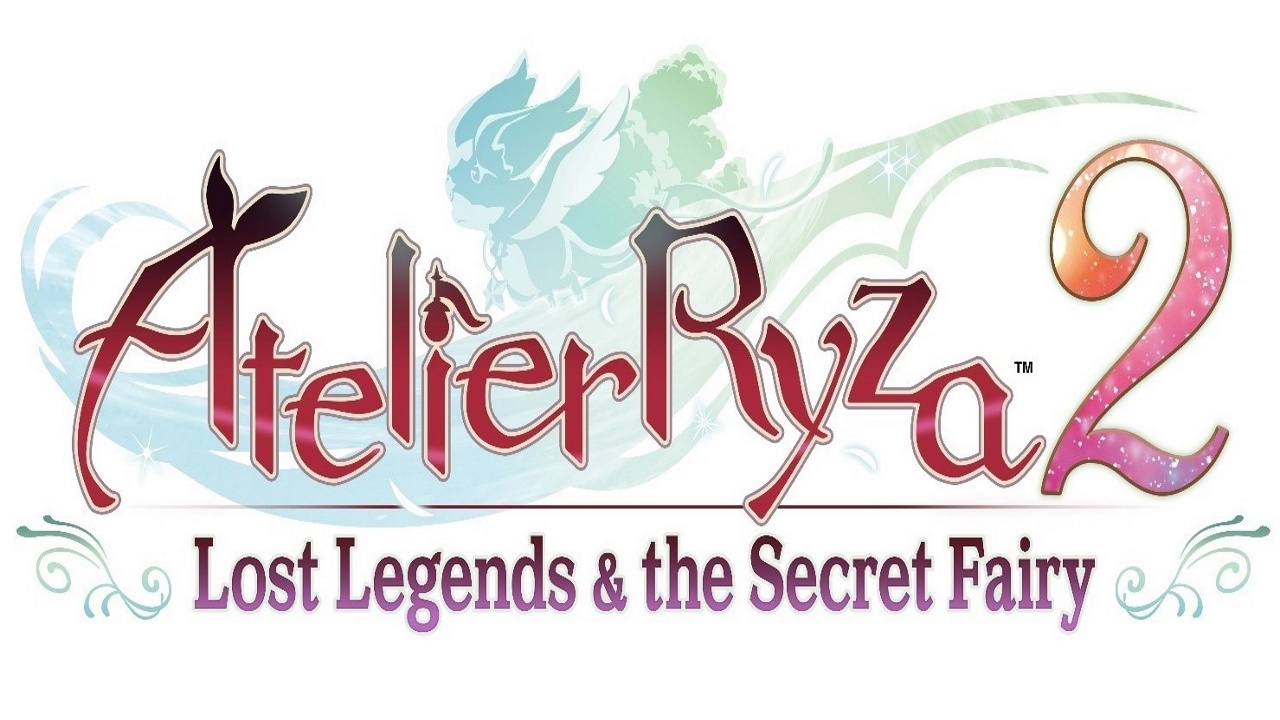
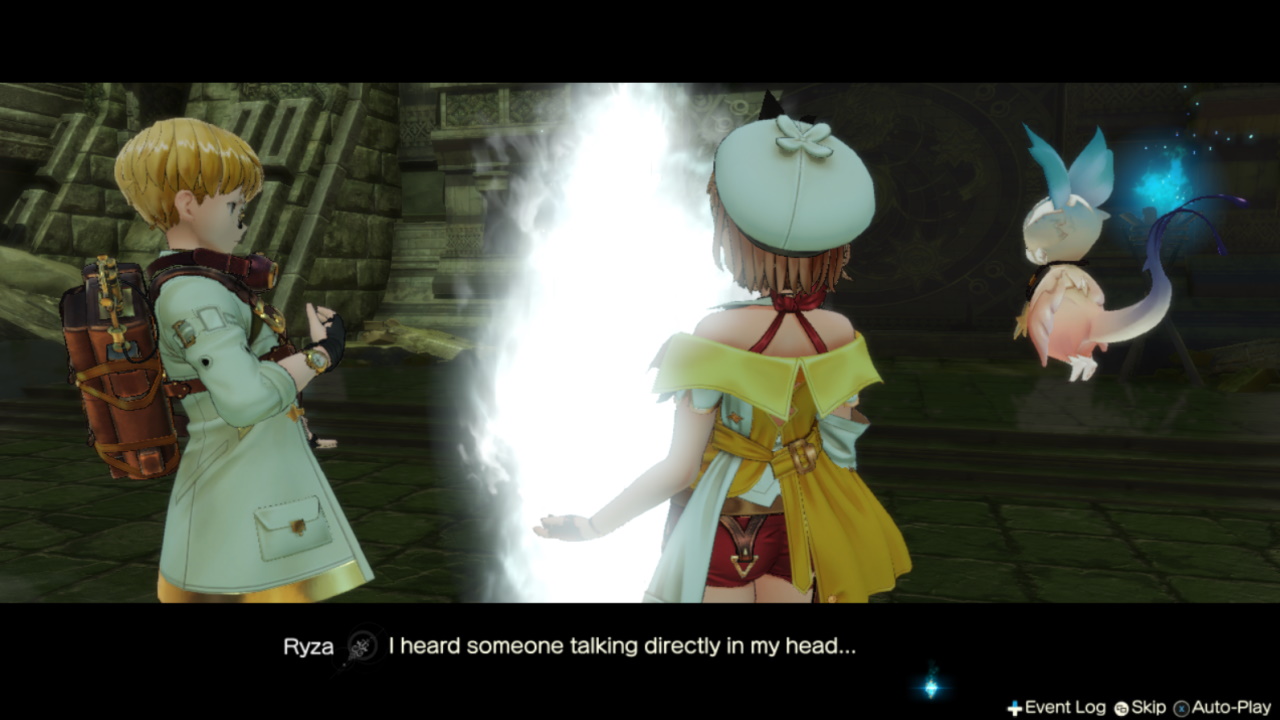
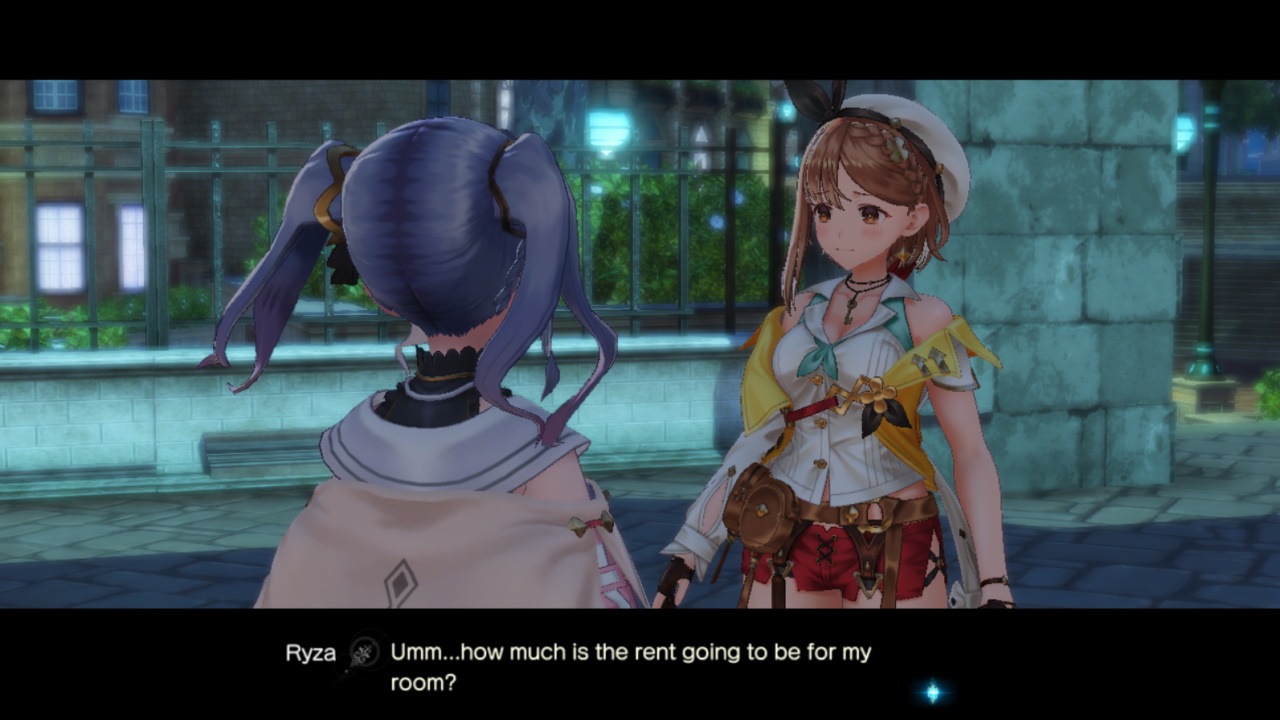
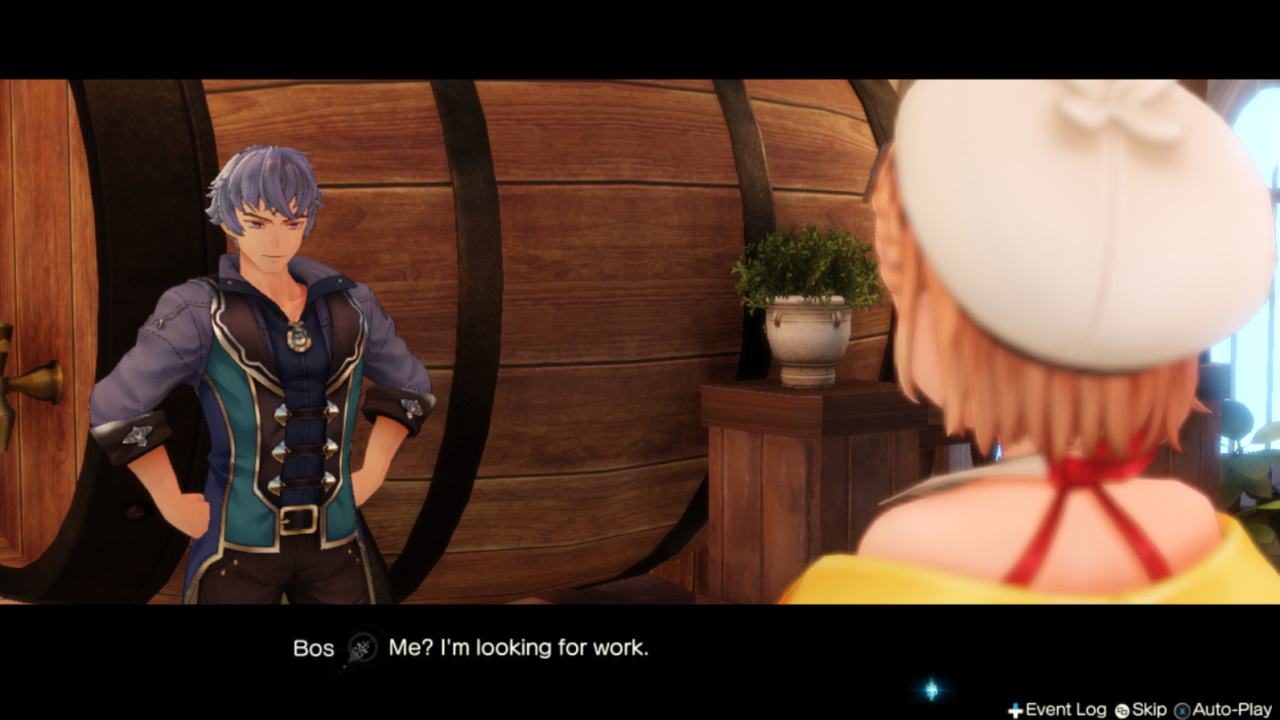
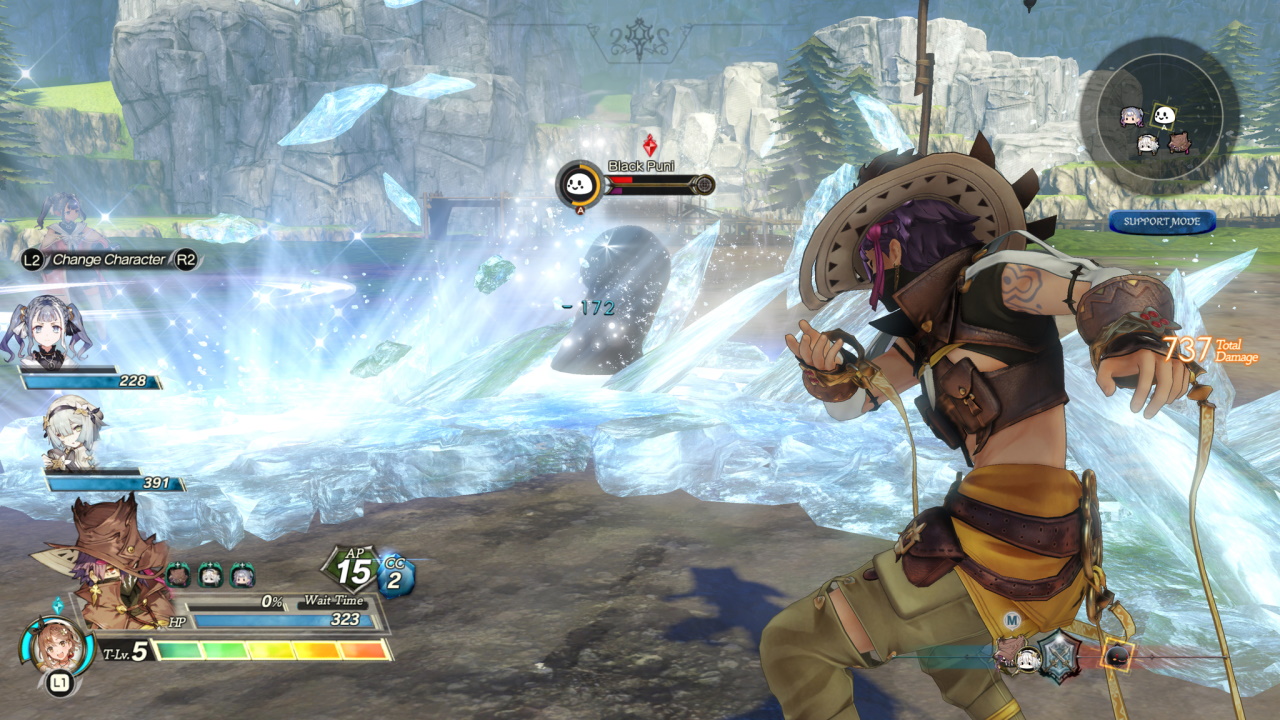
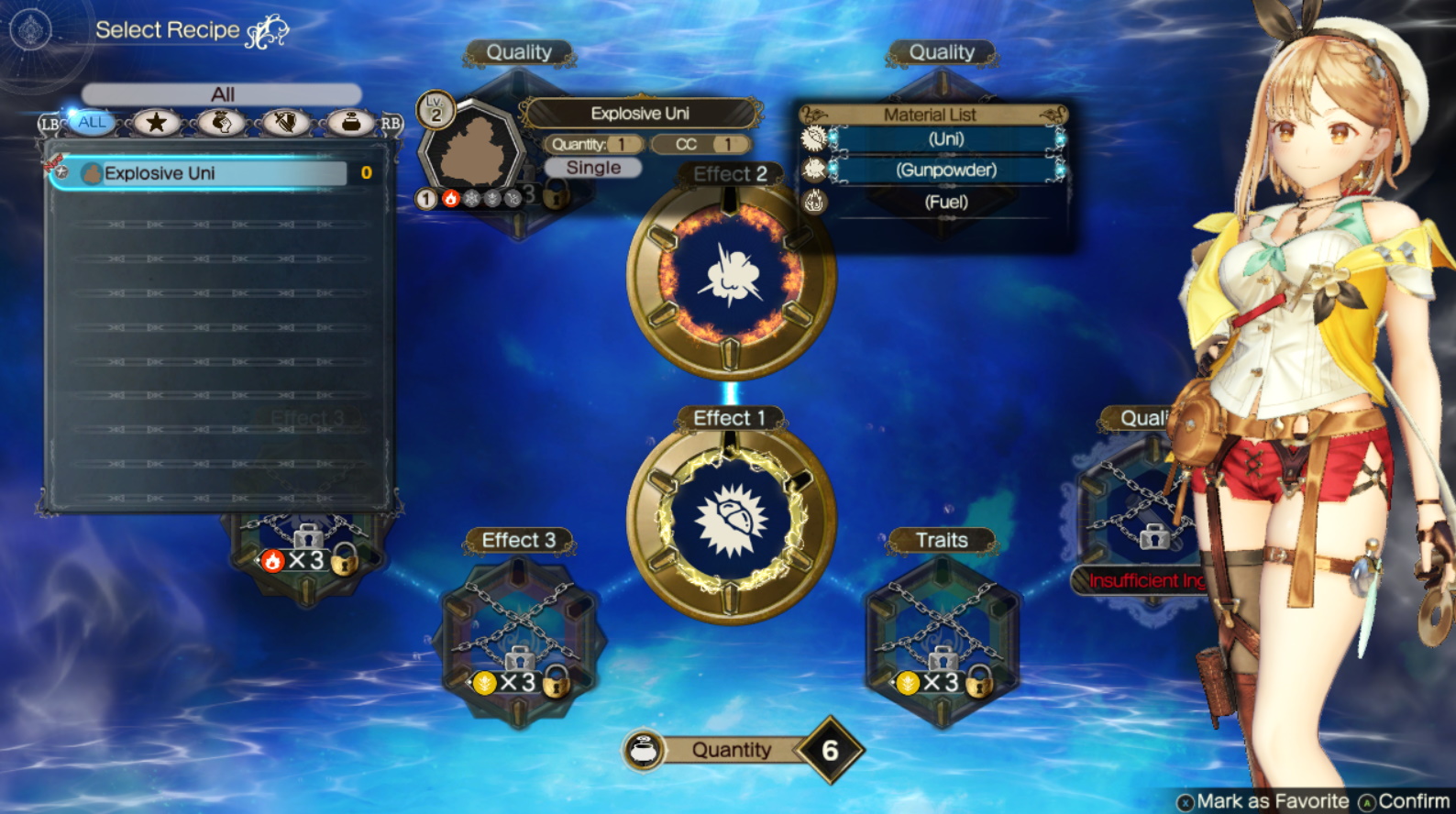
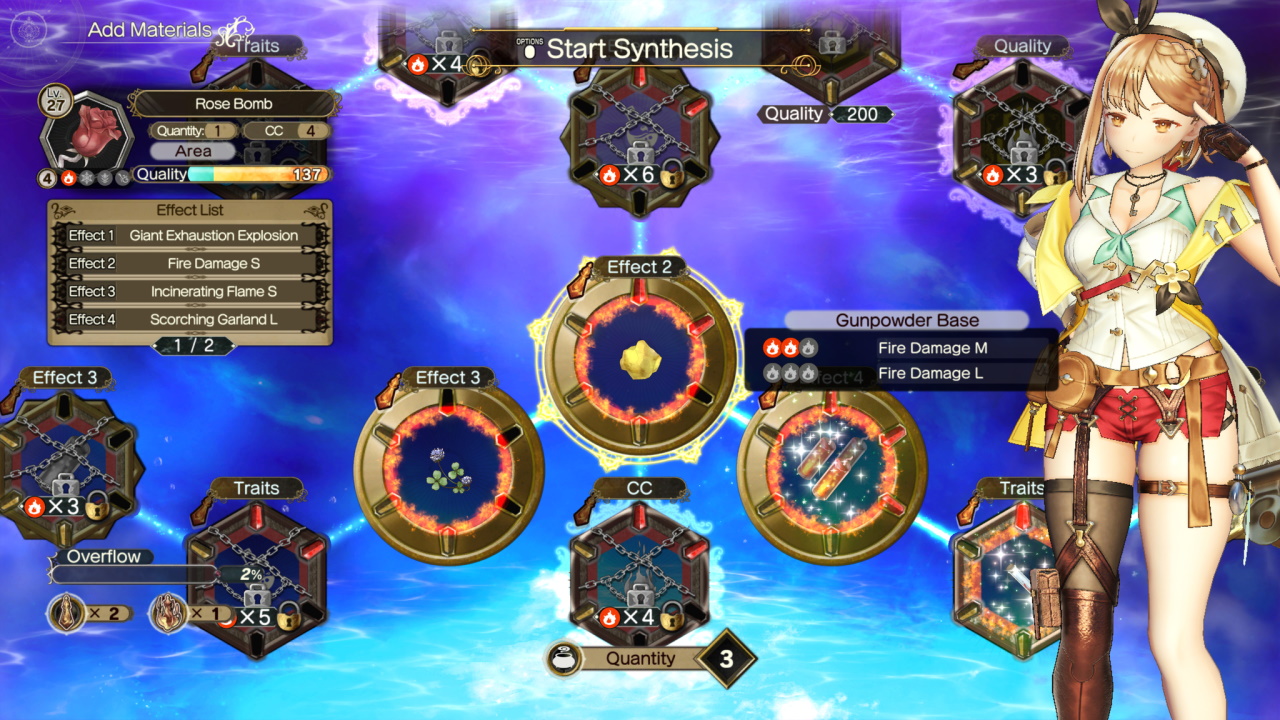
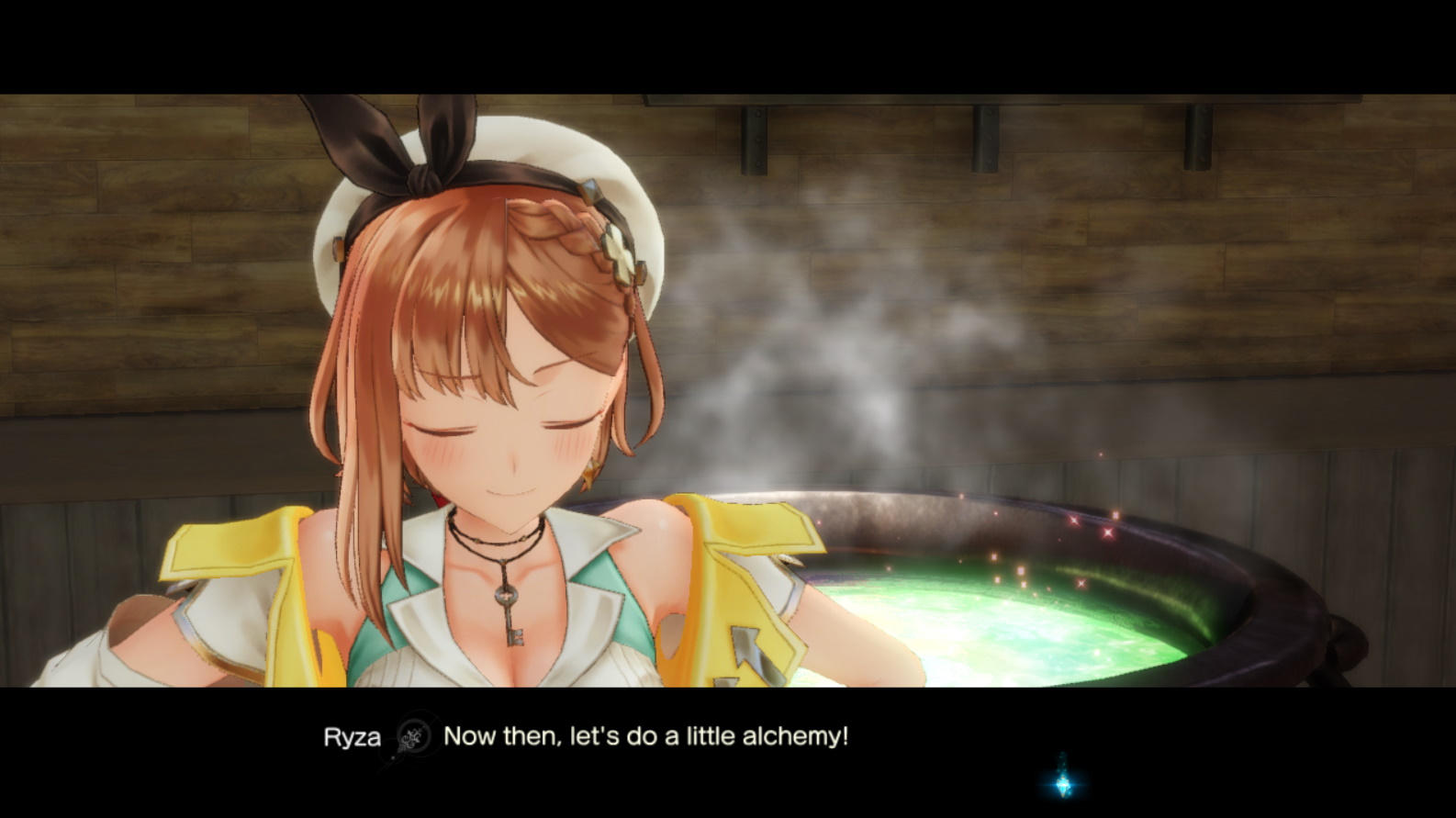





Published: Jan 25, 2021 05:30 pm